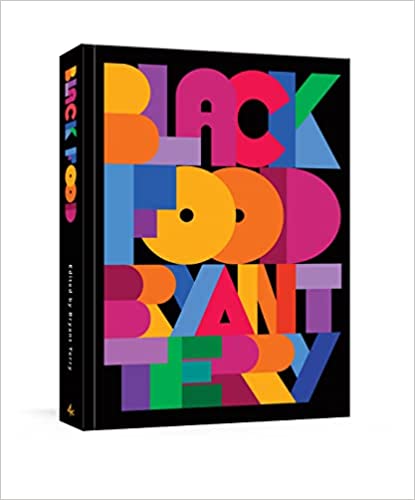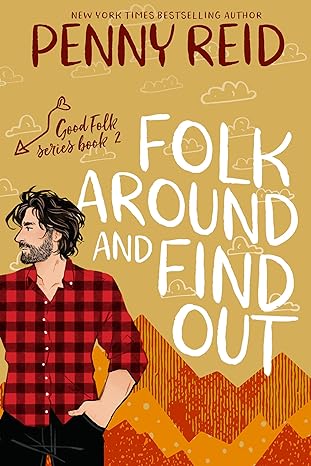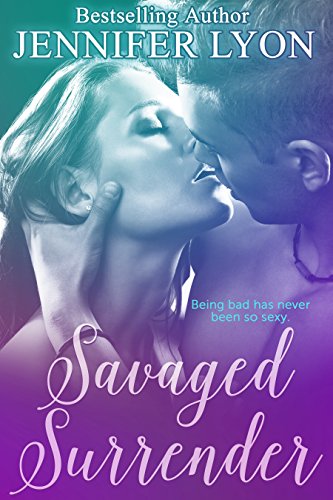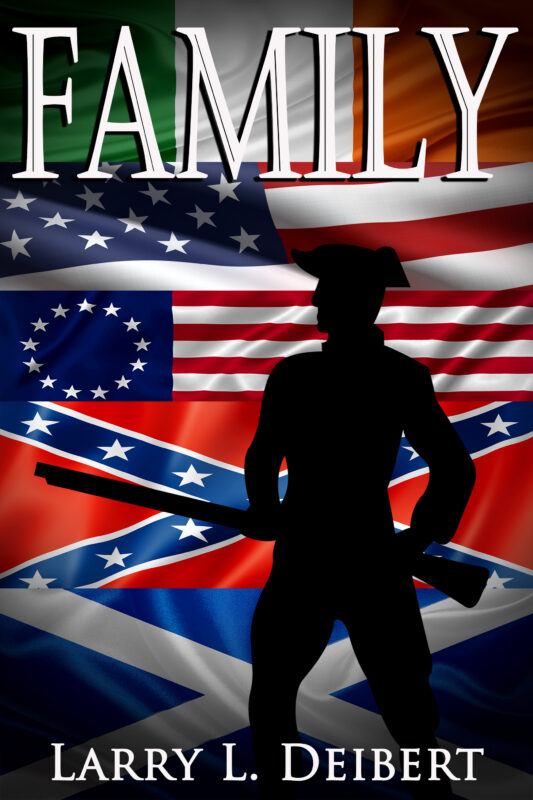How I Became a Publisher
October 9, 2011 by A Slice of Orange in category Archives tagged as It's Worth ItOn Friday, I was a guest at Writers In The Storm Blog. (Thanks, Laura, Jenny and crew!) I just self-published my first novel, Little Miss Lovesick, a couple weeks ago and we’ve been having an interesting conversation over there about self-publishing. I thought I’d reprint that blog here and we could continue the discussion…
 When I started writing, I published a few articles and devotionals, and then I tried to figure out what kind of novel I wanted to write. I found out that romance novels accounted for about half of the paperback market. I thought, I like romance, I’m happily married, I’ll write one of those.
When I started writing, I published a few articles and devotionals, and then I tried to figure out what kind of novel I wanted to write. I found out that romance novels accounted for about half of the paperback market. I thought, I like romance, I’m happily married, I’ll write one of those.
I wrote and wrote – Christian romances, category romances, stand-alone romances, first person, third person, contemporary, 1940s – whew! I tried everything looking for my voice. Then one day a friend asked me if I’d heard of chick lit. Suddenly, the light dawned and the heavens opened and I danced with angels for a while! I’d found myself!
Back in the 1990s, I heard a woman speak at our writers group about all her rejections and how she finally decided to self-publish her book. By the time she spoke to our group, she’d sold over 100,000 copies of her children’s picture book on her own. A couple publishers who had rejected it earlier called her up and offered her 12% royalties to take over. She said no.
So here I was, thinking about my career – or lack thereof – knowing I’d found my voice, and finding everywhere I researched that “everyone†was saying that a humorous voice in a “with romantic elements†story was hard to sell. I went to grad school to get my MA in Creative Writing thinking I would simply become a better writer and then I’d start getting contracts. But I kept hearing that publishers were buying less than ever due to the economy, and I was getting tired of waiting.
During my final semester in early 2011, I decided to do some more research into digital self-publishing. Things had really started to take off in that arena, but I understood that the biggest obstacle would be finding my audience. What kind of person would like what I wrote enough to buy it, and how would I reach her?
I flew to New York for the Romance Writers of America conference and pitched my superhero book to editors and agents there. Regardless of where the industry was headed, most revenue in books was still being generated by print copies from big publishers and distributors. But I only heard more of the same – “It sounds fun, but I don’t know how to sell it,†and “I like your story idea, but romantic comedy doesn’t sell well. How much sex is in it?â€
By the time my plane landed back home in Sydney, I’d decided to self-publish that already-completed book from 2004. It wasn’t doing anything sitting on my computer, and worst case scenario I’d be out about $600. I’d already made notes about some edits I wanted to make to my book and then I was going forward! It’s true that your friends and family can only buy so many copies of your book, but I’d been hearing potential readers tell me for years, “I just love how you write! When can I buy your book?†If I could find my audience, I could at least make a living, even if it was only barely enough to get by.
I signed up for a 10-day online class about how to format your book for Kindle. Let me just say, this is not a process for the technologically challenged or the faint of heart! I worked all day, every day for those ten days and barely got my book up on the last day of class.
But it was up! My novel, Little Miss Lovesick, was available for sale on Amazon!
More confusing hard work got the book up on Barnes and Noble, Smashwords, and Apple’s iTunes/iBookstore. In 2 ½ weeks, I’ve sold 58 copies and have three reviews posted (one, not even written by a friend!). I have a three-page To Do list that is probably missing a lot of things I need to do that I don’t even know about yet. I had a couple days this week where I got very little done because I was so overwhelmed by both the amount of work and the newness of it all. How do I do this or that?
But I’ve never felt better about my career in my life! Even though I have to move to a different country next month, I don’t want to stop. I’m creating business strategies for pricing, for finding my audience, for the publishing order of future books. I’ve got our DBA name registered with the state of California, and I’m working on getting a separate checking account. I’m researching all the small business paperwork that needs to be done, and I’m preparing to write an ebook on that, too!
Self-publishing is a time-consuming and difficult job, and a lot of the work eats away at your writing time. But I talked to a friend who got her first publishing contract this year, and her publisher is asking her to do about 75% of the stuff I’m doing! She doesn’t lounge on her deck writing her next book every day. She, too, is rushing to meet the next deadline while also creating a Facebook presence, a Twitter presence, building a better web site, brainstorming how to blog differently/better, etc., etc.
Neither of us thinks we have it easier than the other. Publishing your book – no matter how you do it – is more time-consuming in 2011 than it was when the authors we grew up with were doing it. I encourage you to do your research no matter which direction you go. It’s a rewarding process either way. But it’s also a lot of work. So do the research, choose a path – or take both paths with two different books! – and then remind yourself every day, I love my job!

Steve Jobs: iVisionary
October 9, 2011 by A Slice of Orange in category ArchivesI have a confession. I don’t have an iPod. I don’t have a Mac. I don’t have an iPhone. I do have an iPad, bought in the rush of excitement the week of its launch…but I seldom use it. I’ve managed to buy a couple of things on iTunes, but I’m a mass of insecurity about what happens if I want to transfer them to other devices. It seems easier not to try. I looked at buying a MacBook when I needed a new PC recently, but decided the Mac was too expensive and would cut me off from some nice PC-only applications.
All up, I’m not much use to Apple. But I suspect Apple is of use to me in ways I don’t even know about. Whether it’s keeping other companies on their toes, or developing technologies that influence innovation in products I do use, or even changing the way I think about how markets (including publishing) work, Apple has snuck in there.
But the fact is, I don’t think of Apple as Apple. Mostly, I think of it as Steve Jobs.
So even though I never knew him, and even though his company has many flaws (reports of atrocious conditions in iPad factories in China cannot be glossed over) Steve Jobs’ death seems significant, and a loss. A loss to global innovation , and a loss to Apple. Few of us can expect our lives to be celebrated or our passing to be mourned on such a scale.
But above all, Steve Job’s death is a tragic loss to his family. Which is something, hopefully, we all can expect. And while that’s what hurts most, it’s also what matters most.
0 0 Read moreAffiliate Links
A Slice of Orange is an affiliate with some of the booksellers listed on this website, including Barnes & Nobel, Books A Million, iBooks, Kobo, and Smashwords. This means A Slice of Orange may earn a small advertising fee from sales made through the links used on this website. There are reminders of these affiliate links on the pages for individual books.
Search A Slice of Orange
Find a Column
Archives
Featured Books
BLACK FOOD: STORIES, ART & RECIPES FROM ACROSS THE AFRICAN DIASPORA
Beautiful, rich, and groundbreaking . . .
More info →Harlequin Special Edition March 2021 Box Set 2 of 2
Three books in one . . .
More info →Newsletter
Contributing Authors
Search A Slice of Orange
Find a Column
Archives
Authors in the Bookstore
- A. E. Decker
- A. J. Scudiere
- A.J. Sidransky
- Abby Collette
- Alanna Lucus
- Albert Marrin
- Alice Duncan
- Alina K. Field
- Alison Green Myers
- Andi Lawrencovna
- Andrew C Raiford
- Angela Pryce
- Aviva Vaughn
- Barbara Ankrum
- Bethlehem Writers Group, LLC
- Carol L. Wright
- Celeste Barclay
- Christina Alexandra
- Christopher D. Ochs
- Claire Davon
- Claire Naden
- Courtnee Turner Hoyle
- Courtney Annicchiarico
- D. Lieber
- Daniel V. Meier Jr.
- Debra Dixon
- Debra H. Goldstein
- Debra Holland
- Dee Ann Palmer
- Denise M. Colby
- Diane Benefiel
- Diane Sismour
- Dianna Sinovic
- DT Krippene
- E.B. Dawson
- Emilie Dallaire
- Emily Brightwell
- Emily PW Murphy
- Fae Rowen
- Faith L. Justice
- Frances Amati
- Geralyn Corcillo
- Glynnis Campbell
- Greg Jolley
- H. O. Charles
- Jaclyn Roché
- Jacqueline Diamond
- Janet Lynn and Will Zeilinger
- Jaya Mehta
- Jeff Baird
- Jenna Barwin
- Jenne Kern
- Jennifer D. Bokal
- Jennifer Lyon
- Jerome W. McFadden
- Jill Piscitello
- Jina Bacarr
- Jo A. Hiestand
- Jodi Bogert
- Jolina Petersheim
- Jonathan Maberry
- Joy Allyson
- Judy Duarte
- Justin Murphy
- Justine Davis
- Kat Martin
- Kidd Wadsworth
- Kitty Bucholtz
- Kristy Tate
- Larry Deibert
- Larry Hamilton
- Laura Drake
- Laurie Stevens
- Leslie Knowles
- Li-Ying Lundquist
- Linda Carroll-Bradd
- Linda Lappin
- Linda McLaughlin
- Linda O. Johnston
- Lisa Preston
- Lolo Paige
- Loran Holt
- Lynette M. Burrows
- Lyssa Kay Adams
- Madeline Ash
- Margarita Engle
- Marguerite Quantaine
- Marianne H. Donley
- Mary Castillo
- Maureen Klovers
- Megan Haskell
- Melanie Waterbury
- Melisa Rivero
- Melissa Chambers
- Melodie Winawer
- Meriam Wilhelm
- Mikel J. Wilson
- Mindy Neff
- Monica McCabe
- Nancy Brashear
- Neetu Malik
- Nikki Prince
- Once Upon Anthologies
- Paula Gail Benson
- Penny Reid
- Peter Barbour
- Priscilla Oliveras
- R. H. Kohno
- Rachel Hailey
- Ralph Hieb
- Ramcy Diek
- Ransom Stephens
- Rebecca Forster
- Renae Wrich
- Roxy Matthews
- Ryder Hunte Clancy
- Sally Paradysz
- Sheila Colón-Bagley
- Simone de Muñoz
- Sophie Barnes
- Susan Kaye Quinn
- Susan Lynn Meyer
- Susan Squires
- T. D. Fox
- Tara C. Allred
- Tara Lain
- Tari Lynn Jewett
- Terri Osburn
- Tracy Reed
- Vera Jane Cook
- Vicki Crum
- Writing Something Romantic
Affiliate Links
A Slice of Orange is an affiliate with some of the booksellers listed on this website, including Barnes & Nobel, Books A Million, iBooks, Kobo, and Smashwords. This means A Slice of Orange may earn a small advertising fee from sales made through the links used on this website. There are reminders of these affiliate links on the pages for individual books.






































